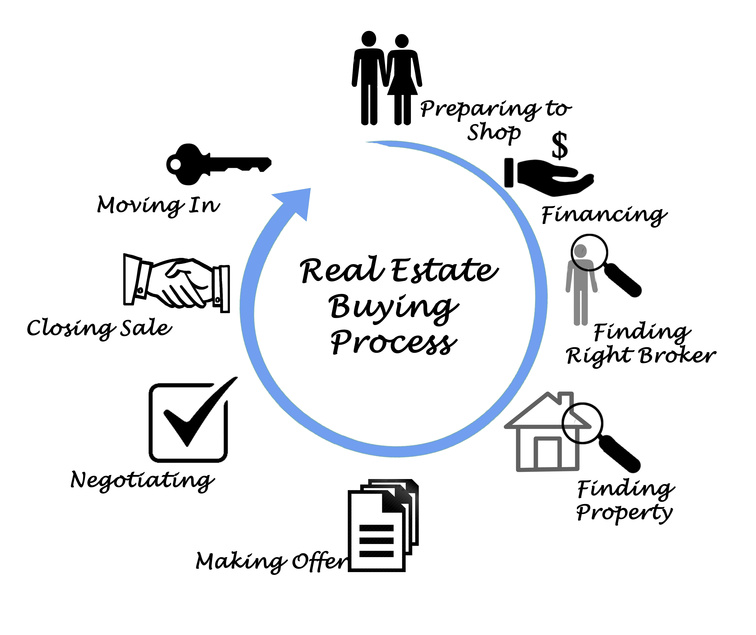Hard Money Lenders in Georgia Atlanta Assisting Investors Reach Their Goals
Hard Money Lenders in Georgia Atlanta Assisting Investors Reach Their Goals
Blog Article
Hard Cash Lenders Explained: Quick Cash Money Solutions for Residential Or Commercial Property Buyers
Hard cash loan providers have arised as a crucial source for property buyers seeking fast financing options, specifically in scenarios where standard lending avenues may fall brief. Understanding when and exactly how to engage with tough money lenders can significantly influence your financial investment approach and results.
What Are Tough Cash Lenders?
Hard cash lenders are specialized financial organizations or individuals that provide temporary fundings protected by genuine estate. These loan providers generally concentrate on the value of the residential or commercial property instead than the customer's credit reliability, making their services especially interesting real estate financiers and those looking for quick funding. Unlike standard banks, hard cash lenders frequently offer quicker approval processes and much less stringent documentation demands, allowing consumers to accessibility funds swiftly.
The finances given by tough cash loan providers are usually considered risky due to their brief period, which normally varies from a few months to a few years. These loans usually come with higher rate of interest prices contrasted to traditional financing choices. Difficult money financing is especially prevalent in realty transactions where time is of the significance, such as purchasing distressed residential properties, funding remodellings, or shutting offers swiftly to secure investment opportunities.
Just How Difficult Money Fundings Work
In the realm of property financing, hard cash finances run as a functional solution for customers needing fast accessibility to resources. These fundings are commonly safeguarded by real estate as opposed to the customer's credit reliability, which allows for expedited authorization procedures. Difficult money lending institutions assess the worth of the building being financed, frequently calling for an evaluation to establish its market worth.

Tough cash finances have much shorter terms, typically varying from one to 5 years, and they frequently include greater rates of interest contrasted to standard car loans. The repayment structure can also differ, with some lendings needing interest-only repayments during the term.

Benefits of Tough Money Loaning


An additional considerable benefit is the flexibility of difficult cash fundings. Lenders are normally more happy to negotiate terms based upon the certain requirements of the consumer and the residential property concerned. This versatility can include variations in lending quantities, repayment schedules, and rates of interest.
Furthermore, tough money finances are primarily secured by the value of the building itself instead of the borrower's creditworthiness. This allows people with less-than-perfect credit rating to accessibility funding. Difficult money financing can serve as a beneficial device for property rehabilitation tasks, making it possible for capitalists to swiftly obtain and enhance distressed residential or commercial properties, thus maximizing their financial investment possibility.
Disadvantages of Hard Cash Loaning
While difficult money offering deals a number of benefits, it additionally features significant drawbacks that potential consumers must carefully look at here now consider. One substantial disadvantage is the high rate of interest connected with these car loans. Unlike traditional financing, tough cash car loans usually feature rates that can exceed 10% to 15%, reflecting the loan provider's increased danger.
Additionally, the financing terms are normally brief, varying from a few months to a couple of years, which can produce stress for customers to market or refinance quickly. Failing to do so might lead to economic pressure or foreclosure. In addition, hard cash lenders normally concentrate much more on the residential or commercial property's worth than the borrower's credit reliability, which can lead to less desirable terms for those without significant equity or a solid home.
Another worry is the possibility for hidden fees and closing expenses that might not be quickly apparent. These expenses can even more rise the overall price of loaning. The absence of governing oversight in the tough money lending sector can lead to predatory loaning techniques, making it important for consumers to perform detailed due persistance prior to dedicating to a car loan.
When to Think About Tough Cash Finances
When encountered with urgent financing requires or unique residential or commercial property scenarios, borrowers may find difficult cash fundings to be a practical option. These finances are particularly helpful in situations where conventional financing options are minimal or impractical. Genuine estate capitalists seeking to exploit on time-sensitive opportunities, such as troubled buildings or auctions, often address transform to tough money lending institutions for quick accessibility to funds.
Additionally, customers with less-than-perfect credit report or unusual earnings sources may have a hard time to safeguard standard fundings - hard money lenders in georgia atlanta. Difficult cash lenders generally focus more on the worth of the building being utilized as collateral than on the debtor's credit reliability, making these financings accessible to a broader variety of candidates
Additionally, tough cash finances are useful for those seeking to finance improvement tasks or fix-and-flip financial investments. The capability to acquire funds quickly enables customers to start jobs without delay, potentially increasing their roi.
Conclusion
In summary, hard cash lending institutions offer as a crucial resource for home customers needing instant financial remedies. The emphasis on property value enables expedited approval procedures, dealing with those facing one-of-a-kind genuine estate challenges. While higher interest prices and prospective threats are inherent, the advantages of swift access to resources and versatile terms frequently surpass these disadvantages. Understanding the conditions where tough money loans are relevant can improve investment possibilities in the realty market.
Report this page